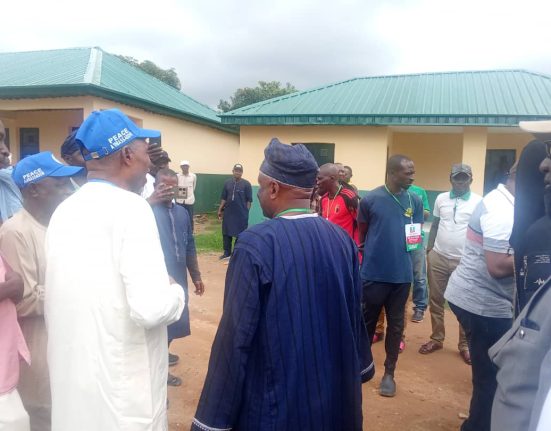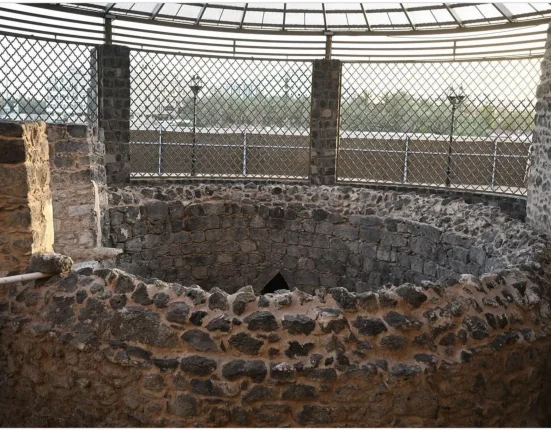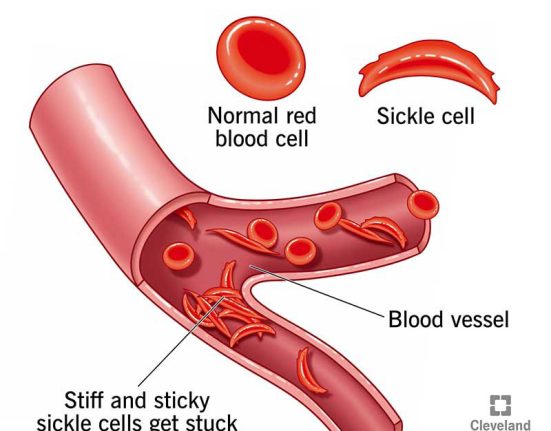The Benue State Government has announced that its social register, designed to capture poor and vulnerable individuals, now includes 1.7 million people.
Professor Jerome Andohol, Director General of the State Budget and Economic Planning Commission, revealed this figure during a three-day training session for desk officers, grievance redress officers, and enumerators focused on updating the State Social Register and integrating the National Identity Number (NIN).
Andohol stated that the current administration inherited a social register containing 1.6 million individuals and has since expanded its reach. “At the assumption of office of this administration, the figure of poor and vulnerable households was 417,743, while the number of individuals was 1,661,039,” he said. “There has been tremendous improvement in the update of this data, which has noticed an increased number of households to 496,993, while the individual number has increased to 1,746,411.”
He highlighted that 79,250 households and 85,372 individuals have been added to the register since Governor Hyacinth Alia took office.
Andohol also addressed challenges related to the Federal Government’s Conditional Cash Transfer program, noting that many eligible beneficiaries have faced difficulties accessing funds due to incorrect account details and a lack of unique identifiers.
“The Federal Government, in order to bridge the gap, has decided that all potential beneficiaries whose names already existed in the social register should have their account details linked with NIN,” he explained.
“The essence of this exercise, therefore, is for enumerators to be trained on the technology and modalities of integrating NIN to the account details of the list in the Social Register and collect/collate account details and NIN of those who did not have but already existed in the Social Register.”
He emphasized the importance of this exercise for ensuring that people benefit from the Federal Government’s palliative measures, promoting financial inclusion, and reducing cash circulation.
Governor Hyacinth Alia, represented by Deputy Governor Sam Ode, stressed the significance of the National Identity Number as a fundamental part of national identity. He highlighted its role in providing each citizen with a unique and verifiable identity within the country’s digital and administrative systems.
He also underscored the need to ensure that data-driven processes are inclusive, accurate, and efficient, aligning with the Tinubu-led government’s directives. “The integration of this number into the Social Register is not just a technical advancement, but it is a leap towards making our social welfare programs more efficient, transparent, and accessible to everyone,” he said.
Mrs. Funmi Olotu, National Program Co-ordinator of the National Social Safety Nets Coordinating Office (NASSCO), represented by Timiyehin Ayodele-Ozoya, Head of Communications, NASSCO, noted the vital role of the State Social Register in social safety net programs as a unified database for targeting interventions.
The three-day training was organized by the Benue State Government through the State Operation Coordinating Unit and the Benue State Budget and Economic Planning Commission, in collaboration with NASSCO and the National Identity Management Commission.







